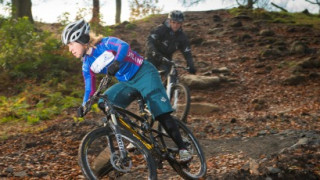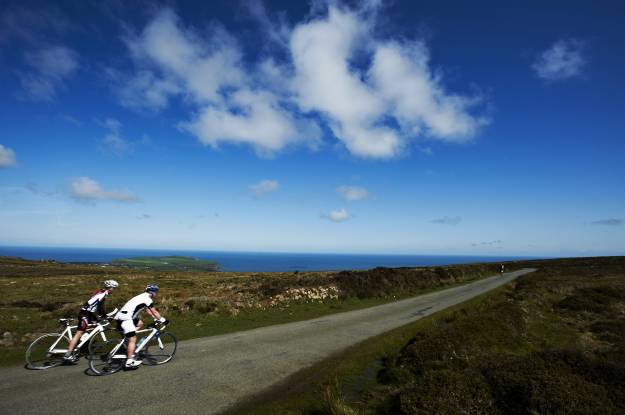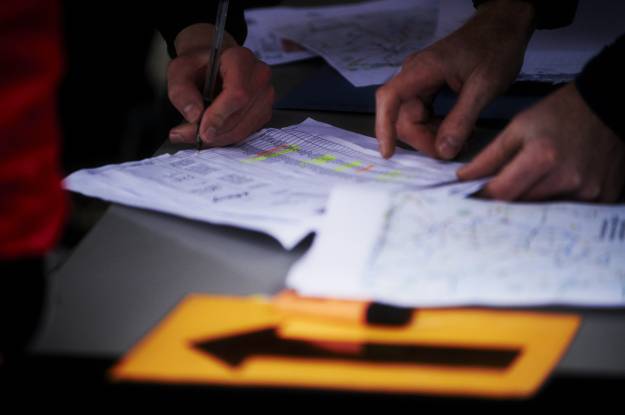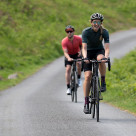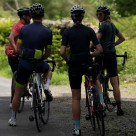Mountain biking has grown by 7-10% over last 3 years and is now worth £49.5m per year to the Scottish economy, according to new research undertaken by University of Highlands and Islands and commissioned by Developing Mountain Biking in Scotland and its partners.
The key recommendations to build on this success, from the report, include all Scottish cities to have accessible mountain bike trails; development of purpose built trail centres which link into other activities in key tourism destinations; improvements in the marketing and promotion of mountain biking, particularly on sustainable ‘natural’ trails, and continued support for the DMBinS project.
Shona Robison, the Minister for Commonwealth Games and Sport, commented on the report “Thanks to our unique landscape Scotland enjoys a worldwide reputation for exceptional mountain biking and today’s report emphasises its importance to the health and wealth of the nation.”
“I have been pleased with the work since I helped launch the national framework for the sustainable development of mountain biking in 2010. This success is down to a strong shared vision across a wide range of stakeholders and I look forward to seeing this continue.”
“There are still many opportunities for mountain biking to develop and make even more of an impact. With the Commonwealth Games fast approaching, we can increase participation and, in turn, the tourism and economic benefits. The future of mountain biking is in our own hands and Scotland is in a good position to develop and discover top athletes who can perform on the world stage.”
Mountain biking is a Scottish success story. With our fantastic purpose built centres, from the 7stanes in the South to Golspie in the North, our amazing access legislation which allows mountain bikers to responsibly create their own adventures, and our world class events - Scotland is regarded as one of the best biking destinations in the world.
Brian Porteous, Chair of the DMBinS project, said “The report is further evidence that this exciting and dynamic activity continues to grow and develop. I am encouraged that the report concludes that there has been a great deal of success on delivering the national strategic framework, and the recommendations in the report will help drive forward future development.”
It was also estimated that if the key recommendations are implemented then there will be further economic growth in the region of £26m to the Scottish economy by 2015.
The study also considered the success of the project in implementing the world’s first national strategic framework for mountain biking, co-ordinated by the Developing Mountain Biking in Scotland project (DMBinS). It was found that DMBinS has been managed well, provides value for money, and has delivered, or is in the process of delivering, on a high percentage of its outputs.
Project manager of DMBinS, Graeme McLean is excited about what the future will bring, as he explains “Mountain biking in Scotland is going in a very exciting direction. We are working with a range of partners from national agencies to local community groups, and through our regional clusters we are seeing great projects happen at a local level. Thanks to a further phase of funding from key partners, DMBinS will continue to play a pivotal role in encouraging more people to get into mountain biking, and ensure that the increased interest which will no doubt surround the 2014 Games results in a lasting legacy.”
Please visit the Developing Mountain Biking in Scotland website www.DMBinS.com/developing to download the report.

